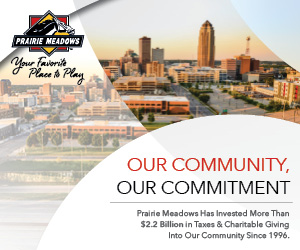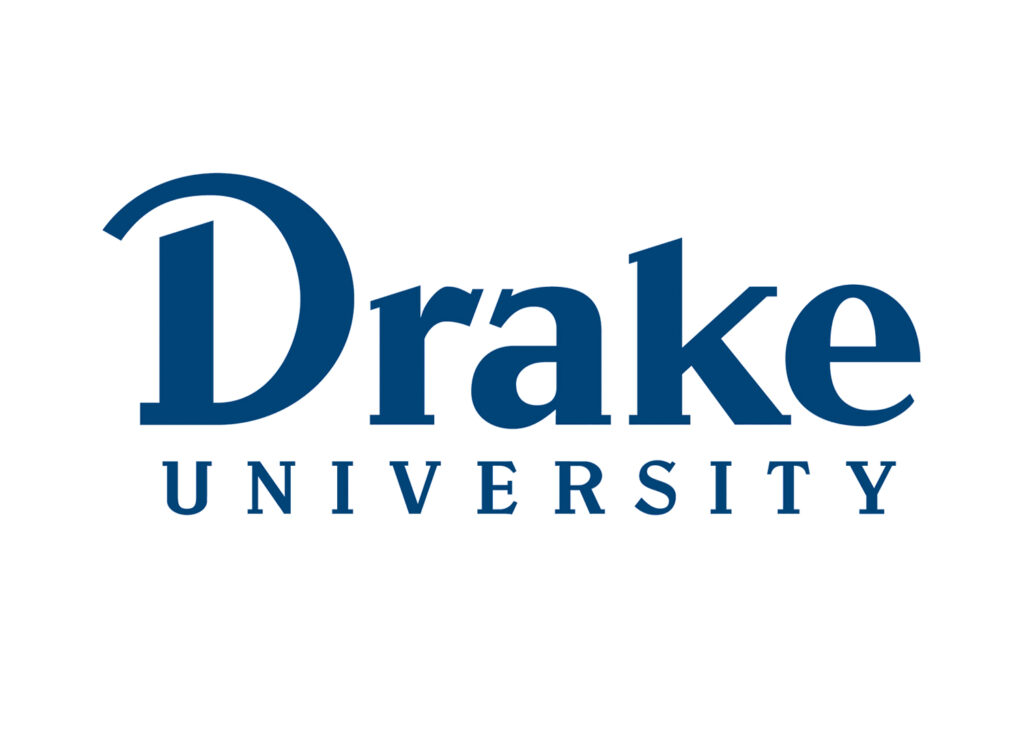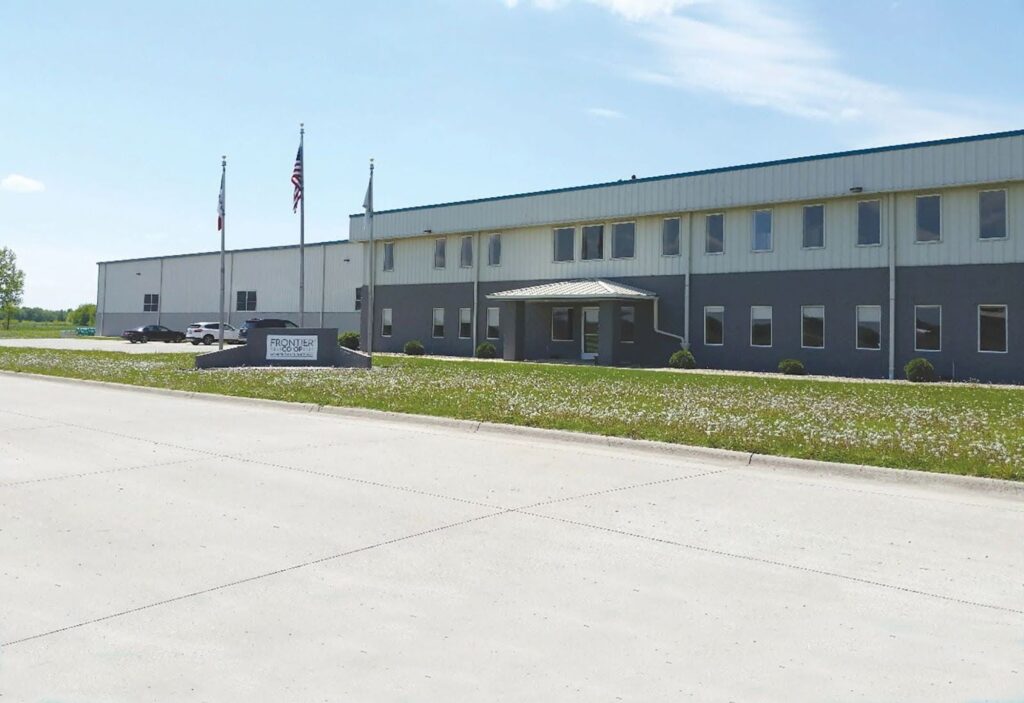Preview: 6 things Power Breakfast speakers want business leaders to know about placemaking

Business Record Staff May 9, 2023 | 10:19 am
4 min read time
858 wordsAll Latest News, Economic Development, Energy
Placemaking and big investments in quality of life projects continue to be a focus of Greater Des Moines leaders to attract residents and visitors alike. Ahead of our Power Breakfast focused on placemaking, we asked our speakers what business leaders should know about placemaking in the region.
Details: May 18 | 7 to 7:30 a.m. networking, 7:30 to 9 a.m. program | Des Moines Heritage Center
Here’s what they told us via email.
Libby Crimmings, president of Atlas Community Studios
Placemaking is more than a fun buzzword, a pretty mural or string of lights in an alleyway. It’s about people, with an overall goal to strengthen quality of place and improve quality of life. It’s an opportunity for residents to participate in the development of their community, and making sure everyone has a seat at the table is crucial to the process. Placemaking should bring people together under a shared vision and empower them to create positive change within their communities to build more resilient and vibrant places. People are always the greatest asset – invest in them first.
Teva Dawson, founder, Group Creatives
While beautifying our shared spaces, placemaking
goes beyond murals, monuments and memorials,
offers more than decoration or information,
should not simply be a new version of projects seen elsewhere.
Art contributes to placemaking,
opens a process of seeing anew,
shifts the ground beneath our feet,
generating transformations in experience and perception.
Art in shared spaces creates a sense of connection to place,
of belonging, of community of service,
generates new forms of dialogue;
a recognition of something shared, perhaps hard to define,
often challenges by raising questions that may remain unresolved.
Placemaking is process-oriented, collaborative
and experimental. Artists of all disciplines
wish to engage and enhance our communities in new ways,
creatively addressing a community’s needs,
offering more than adornment.
Art in shared spaces facilitates advancement of civic goals,
expressing community interests,
providing distinct and novel character,
and/or offering greater understanding.
Kevin Foley, executive director, Des Moines DSM International Airport
Des Moines International Airport is a primary gateway to the Des Moines metro, Central Iowa, and the entire state. Connectivity is vitally important when striving to enhance and define a sense of place. Air travel is increasingly important to keep up with the speed of business; however, for the individual, quality of life is greatly improved by access to affordable leisure travel. The average airfare at the Des Moines International Airport has become more competitive with increased airline competition and Des Moines’ average fare now falls below the average in Kansas City and Omaha, and below the national average. Affordability combined with a growing number of nonstop destinations enhances the quality of life in Iowa.
Molly Hanson, conservation and community outreach specialist, RDG Planning & Design
When it comes to placemaking in the region, we have to consider our rapidly diversifying communities. A sense of place is a sense of home, and we want everyone who calls this region home to see themselves in the projects and places that are being developed. In my work, diversity, equity and inclusion have to be at the forefront of every public engagement effort. Design that serves historically excluded or underserved populations is design that serves us all.
Hannah Inman, CEO, Great Outdoors Foundation (leading ICON Water Trails)
Placemaking has the potential to be the most effective way to implement our values — culture, conservation, and connection, to name a few. By strategically investing in concepts and initiatives that mirror the priorities of our region, we have the ability to not only distinguish the Des Moines metro from other similar markets, but to also operationalize the promises we’ve made to those who live in our communities already. It’s one thing to promise a thriving economy, safe, equitable neighborhoods and opportunities for growth. It’s another thing entirely to collaborate with both the public and private sectors to implement infrastructure and creative problem-solving that reflects the needs and wants of those who inhabit our region. ICON Water Trails is just a case study on how placemaking can bring all parties together to accomplish major cross-disciplinary advancements in Central Iowa.
Kami Rankin, deputy director, Polk County Conservation
“Nature is not a place to visit, it is home.” – Gary Snyder
This quote speaks to the way people feel in nature and the powerful connections that it provides. Parks and trails are the catalyst for life-affirming events, childhood memories, family gatherings, and physical and mental health benefits. In times of uncertainty and sorrow, nature provides a respite and solace. In times of celebration and joy, nature provides beauty and hope.
In the world of conservation, environmental education, and outdoor recreation, placemaking is at the core of our mission. Our work touches so many people in so many different ways through forests, prairies, lakes, picnic shelters, campgrounds, natural playscapes, trails, beaches, nature centers, skateparks, equestrian centers and golf courses. “Home” is the intangible feeling you get in a location, a sense of peace, joy from loved ones or an environment where everyone knows they’re welcome. That is nature!









